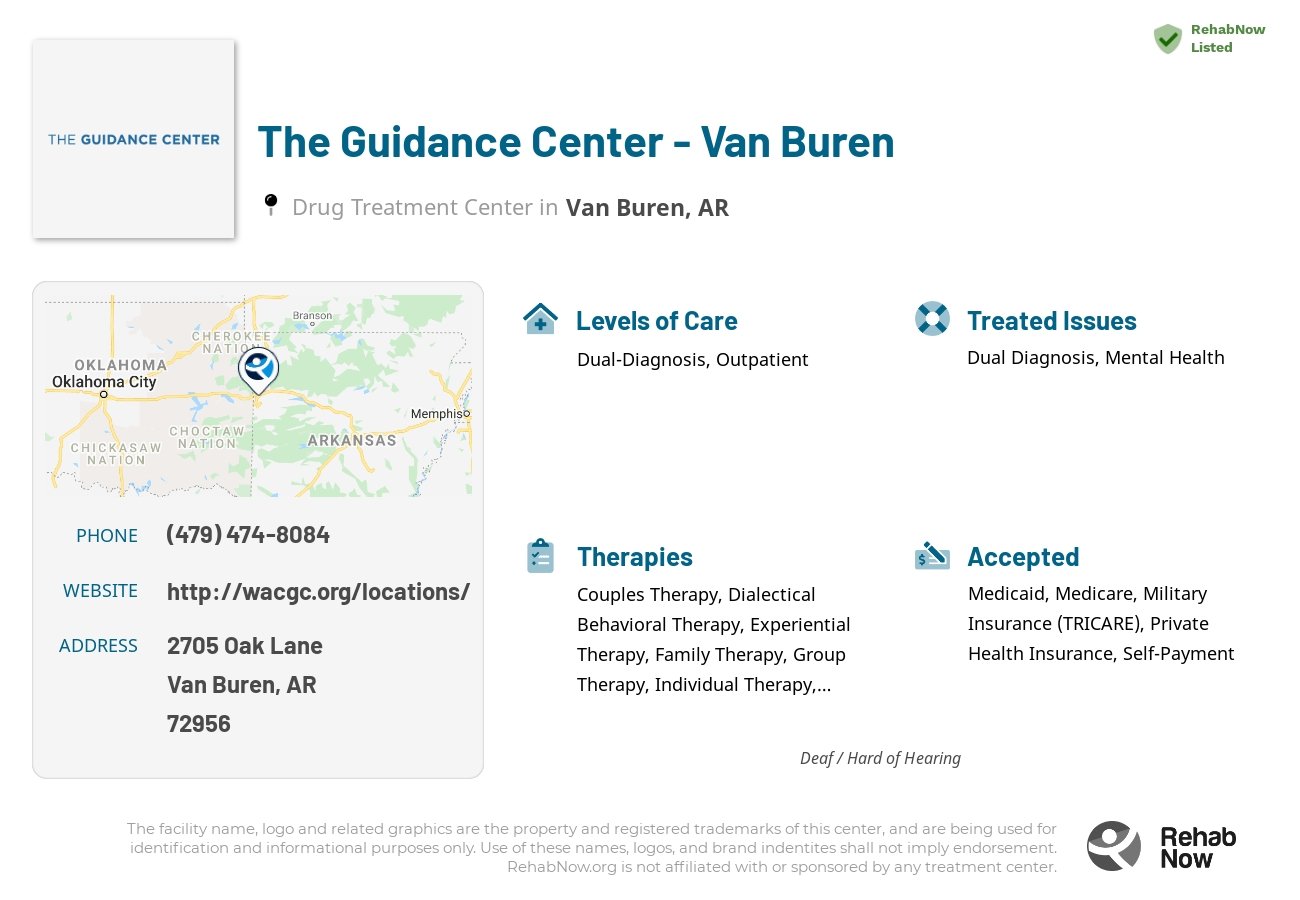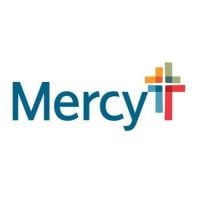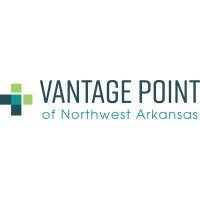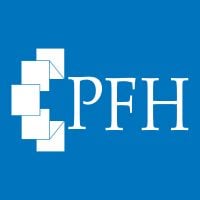The Guidance Center - Van Buren
Drug Rehab Center in Van Buren, Arkansas
The Guidance Center - Van Buren in Van Buren, Arkansas, is a private, non-profit mental health and substance use disorder treatment center offering individual and group counseling, crisis intervention, family therapy, psychiatric services, educational programming, and personalized treatment plans using evidence-based treatments and interventions.
About The Guidance Center - Van Buren in Arkansas
The Guidance Center - Van Buren is a private, non-profit mental health and substance use disorder treatment center located in Van Buren, Arkansas. The Guidance Center - Van Buren offers a variety of treatment services, including individual and group counseling, crisis intervention, family therapy, psychiatric services, and educational programming to assist those facing addiction and substance abuse. Their mission is to provide the highest quality of care in an effort to improve the overall health, safety, and well-being of their clients.
The Guidance Center - Van Buren provides personalized treatment plans for each individual, addressing the unique needs of each client. They use evidence-based treatments and interventions to help support clients in developing the skills necessary for a successful recovery. This includes a range of services such as cognitive-behavioral therapy, relapse prevention, positive peer support, and psychoeducation. In addition, counselors offer consultation and continuing care services to ensure accountability for those in recovery.
The Guidance Center - Van Buren is accredited by The Joint Commission and has earned recognition from the Commission on Accreditation of Rehabilitation Facilities. They also offer specialized services, such as anger management and holistic programs. Additionally, they provide prevention services, such as drug education, to help raise awareness around the impacts of substance abuse. They also have a robust alumni program, which provides alumni with continued support, connection, and resources to sustain their recovery.
Genders
Ages
Modality
Additional
Conditions and Issues Treated
Dual diagnosis refers to someone who has both an addiction and a mental or emotional illness. Dual diagnosis treatment includes therapy for both issues simultaneously, allowing for effective treatment of either.
Sometimes people with addiction disorders also have co-occurring disorders like depression, anxiety, bipolar disorder, etc. These require specialized treatment programs that address both drug and alcohol addiction as well as psychiatric illnesses. Some rehabilitation facilities provide patients with co-occurring disorders a program with highly integrated services and a clean, distraction-free environment.
Levels of Care Offered
This center offers a variety of custom treatment tailored to individual recovery. Currently available are Dual-Diagnosis, Outpatient, with additional therapies available as listed below.
Alcohol or drug addiction, or co-occurring disorders, are treated in an outpatient program. The patient must attend therapy and other programs at the facility but can return home each night.
Outpatient treatment allows recovering addicts to live at home while receiving addiction treatment. Outpatients can attend group sessions for a few hours per week. Outpatients may also continue to work full time and study/attend school without interruption if they choose.
Therapies & Programs
Different people react differently to various treatment options. Some drug rehabilitation centers offer individualized treatment that caters to the specific needs of a drug addict. The best treatment option varies on an individual depending on the type of drug abused, life history, medical condition of the person, social circumstances, and the environment they live in now.
When a person enters drug rehab, they usually have anti-drug associations such as withdrawal symptoms, stress, cravings, etc. The first step of drug rehab is to detoxify the body from any residual substances in it. Drug rehabilitation centers usually employ trained medical professionals to help in this process. Usually, the initial detoxification lasts for five days, where the person is monitored under close supervision.
Couples therapy is a treatment method used to help couples in which at least one member of the couple has a drug addiction. The treatment is designed to help the couple strengthen their relationship to minimize the effects of drug addiction on their lives and promote healthy communication between them.
Couples therapy can be used whether the addicted partner is using drugs or in recovery. It helps the couple create healthy communication and coping skills to minimize the problem-solving abilities of one partner, which can then be directed at solving issues related to their addiction. It also helps couples address problems that may be related to drug addiction. Couples therapy can help couples feel like a team and not feel like their partner is the problem.
Couples therapy is very challenging for both the drug addict and their partner. It requires an intense commitment between the two individuals to participate in the sessions and the homework assigned between sessions.
An additional benefit of couples therapy is that it can help make other types of treatment, such as 12-step programs, more effective.
Family therapy sessions typically involve the addict and their family members. During these sessions, a therapist will work with everyone involved to help them understand addiction and find healthy ways of coping without substance abuse.
Some addicts might feel embarrassed about their substance abuse problems. By encouraging family members to attend these sessions, therapists can show addicts that they’re not alone in dealing with addiction. Therapists can also work with family members to help them understand addiction and learn how to offer support and encouragement to their loved one as they deal with substance abuse issues.
Attending group therapy at The Guidance Center - Van Buren in , is a useful way for those seeking sobriety to realize they aren’t the only one going through it.
This is when a group of people on different recovery phases get together and talk about what they’re going through, their triggers, successes, and failures. This can include alternative types of therapies too! Group therapy may occur on an outpatient or inpatient basis with groups that have no pre-existing relationships outside the session, unlike support groups where everyone already knows each other beforehand.
Trauma therapy is a form of therapy used to help people process and understand past traumas. This can help struggling addicts, as many people turn to drugs or alcohol to mask the pain of their past. Trauma therapy can be done in several ways, such as through visualization, discussion, and writing down thoughts and feelings. The goal is to help the individual understand why they are having problems coping with certain situations and changing how they think and react to things. This is often done in tandem with other therapies to treat the underlying issues associated with addiction.
The idea behind trauma therapy is that while some people can experience traumatic events and not have lasting psychiatric symptoms, many others will. In these cases, memories get hidden from consciousness but continue to influence how the person processes and copes with things in their life. They may avoid situations that resemble what happened or become suddenly angry or irritated to a situation that reminds them of a past event. With the help of a therapist, people can go back over memories and experiences. This helps them understand why they are having problems coping with certain situations and changing how they think and react to things.
This type of cognitive-behavioral therapy helps people understand how their thoughts, behaviors, and feelings are interconnected. It can help patients with borderline personality disorder gain control over their actions and stop self-harming thoughts and attempts.
Cognitive Behavioral Therapy is a type of psychotherapy that helps people address the thoughts and behaviors that may have led to their addiction. It also helps change negative thoughts into positive ones and promotes healthy communication between addicts and those around them. CBT is an efficient treatment for individuals suffering from all sorts of addictions.
Cognitive Behavioral Therapy (CBT) focuses on the underlying thoughts and behaviors that caused the problem of addiction in the first place and may cause a relapse. Negative feelings are common in drug abuse disorders, but they can lead to co-occurring disorders if not recognized. CBT involves strategies that help to change the behavior pattern by restructuring negative thoughts into positive ones. It helps to remove these feelings, and it provides long-term benefits. Also, CBT promotes self-awareness, self-control and can be administered as a mono-therapy or as part of combination therapy.
Patient Experience
Experiential Therapy at The Guidance Center - Van Buren
Experiential therapy is a type of therapeutic approach that focuses on having patients work through problems, issues, or emotions by engaging directly in some real experience. It occurs face-to-face with a therapist who helps these people to explore their feelings first hand. The hope is that when this happens, the patient will feel driven to turn away from their destructive behavior and instead take up positive behaviors or coping mechanisms. Direct experience methods, role play, psychodrama, interpersonal and social learning are a few different forms of experiential therapy.
Payment Options Accepted
For specific insurance or payment methods please contact us.
Is your insurance accepted?
Ask an expert, call (888) 674-0062
The Guidance Center Associated Centers
Discover treatment facilities under the same provider.
- The Guidance Center - Horizon in Fort Smith, AR
- The Guidance Center - 3111 South 70th Street in Fort Smith, AR
- The Guidance Center - Paris in Paris, AR
- The Guidance Center - Mena in Mena, AR
- The Guidance Center - Waldron in Waldron, AR
Learn More About The Guidance Center Centers
Additional Details
Specifics, location, and helpful extra information.
Van Buren, Arkansas 72956 Phone Number(479) 474-8084 Meta DetailsUpdated November 25, 2023
Staff Verified
The Guidance Center - Van Buren Patient Reviews
There are no reviews yet. Be the first one to write one.
Van Buren, Arkansas Addiction Information
Arkansas has one of the highest rates of substance abuse and addiction in the nation for drug overdoses. Methamphetamines and prescription opioids are by far the most widely abused drugs in the state. Despite the high rates, Arkansas ranked only 25th in the for drug overdose deaths in 2013.
Van Buren, Arkansas has the highest rate of drug overdose deaths in the state. Drug overdoses are the leading cause of death for people under 50 in Van Buren. There are many different treatment options available for those struggling with drug addiction. Consult with an addiction specialist to help you find the best facility for you.
Treatment in Nearby Cities
- Gassville, AR (118.3 mi.)
- Tucker, AR (151.3 mi.)
- Morrilton, AR (91.8 mi.)
- Piggott, AR (240.9 mi.)
- Marion, AR (233.8 mi.)
Centers near The Guidance Center - Van Buren
The facility name, logo and brand are the property and registered trademarks of The Guidance Center - Van Buren, and are being used for identification and informational purposes only. Use of these names, logos and brands shall not imply endorsement. RehabNow.org is not affiliated with or sponsored by The Guidance Center - Van Buren.









